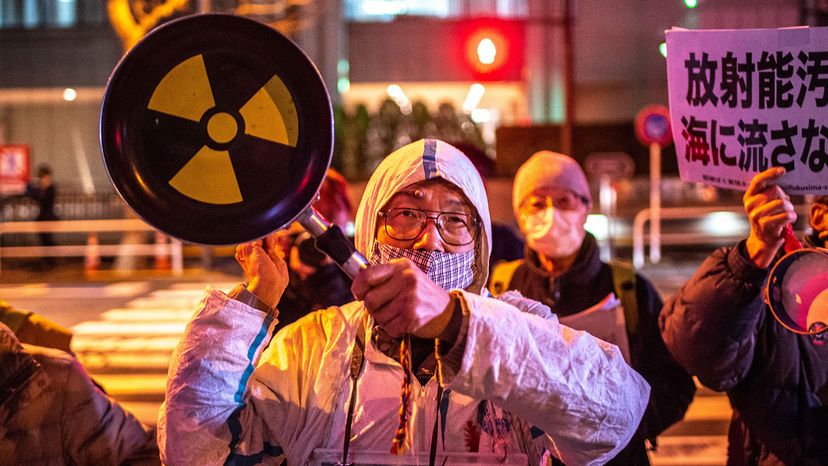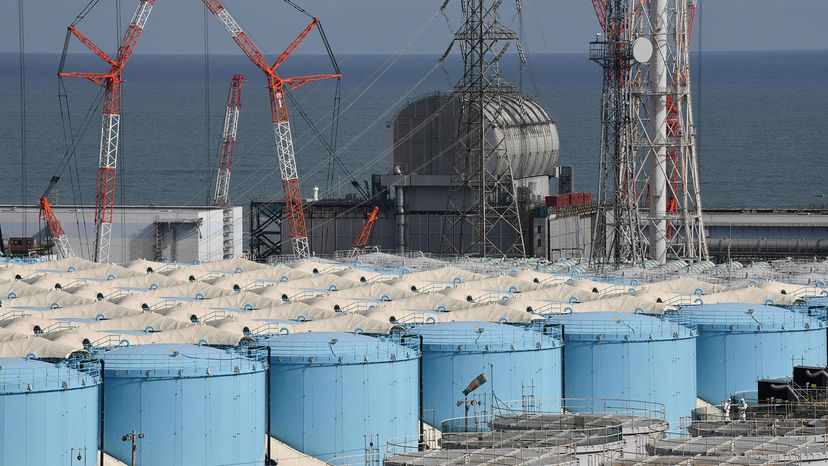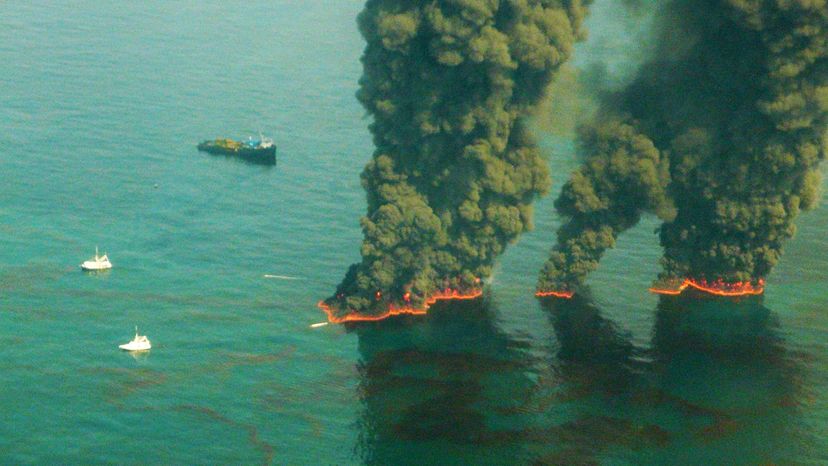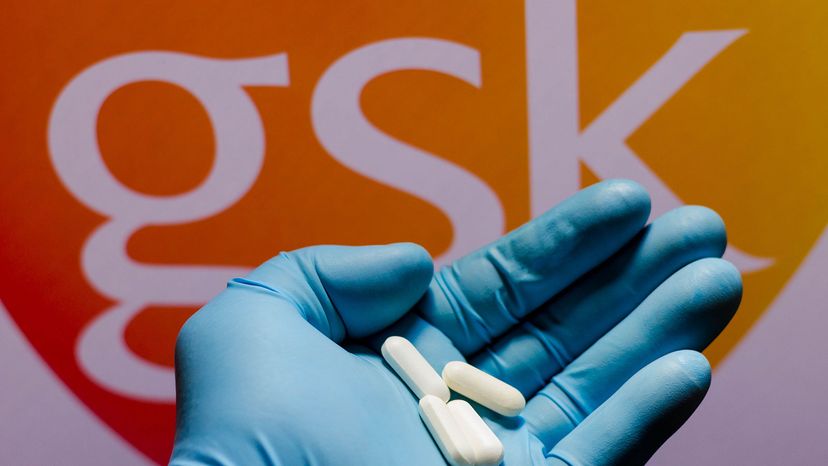
When a company breaks the law, it can expect to face criminal and civil charges as a consequence. Civil and criminal penalties vary widely, depending on the scope of the crime. A criminal case, which can only be charged by a government, can result in either a financial penalty or limits on a person's freedom, like disbarment or a prison sentence. A civil case — which can be brought by the government, an organization or a private individual — cannot send a person to jail, but it can result in financial penalties like a fine or the loss of property. Civil penalties can also include disbarment from a profession.
The largest criminal fines in history have been paid by corporations, not individuals. The culprits include pharmaceutical companies, oil and gas companies, and financial services companies, among others. These companies have been responsible for everything from misleading statements to financial crashes to literally the largest industrial environmental disaster in history. But, who paid the largest criminal fine in history and why?
Advertisement


